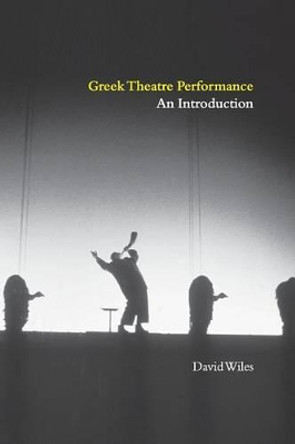This book provides a detailed analysis of the conventions and techniques of performance characteristic of the Greek theatre of Menander and the subsequent Roman theatre of Plautus and Terence. Drawing on literary and archaeological sources, and on scientific treatises, David Wiles identifies the mask as crucial to the actor's art, and shows how sophisticated the art of the mask-maker became. He also examines the other main elements which the audience learned to decode: costume, voice, movement, etc. In order to identify features that were unique to Hellenistic theatre he contrasts Greek New Comedy with other traditions of masked comedy, and shows how different Roman conventions of performance rest upon different underlying assumptions about religion, marriage and class. David Wiles offers theatre historians and classicists a radical new approach to reading play texts. His book will also be useful to archaeologists seeking to understand what masks mean and how Greek and Roman theatres were used.
An examination of the conventions and techniques of the Greek theatre of Menander and subsequent Roman theatre.Book InformationISBN 9780521543521
Author David WilesFormat Paperback
Page Count 296
Imprint Cambridge University PressPublisher Cambridge University Press
Weight(grams) 440g
Dimensions(mm) 229mm * 152mm * 17mm









